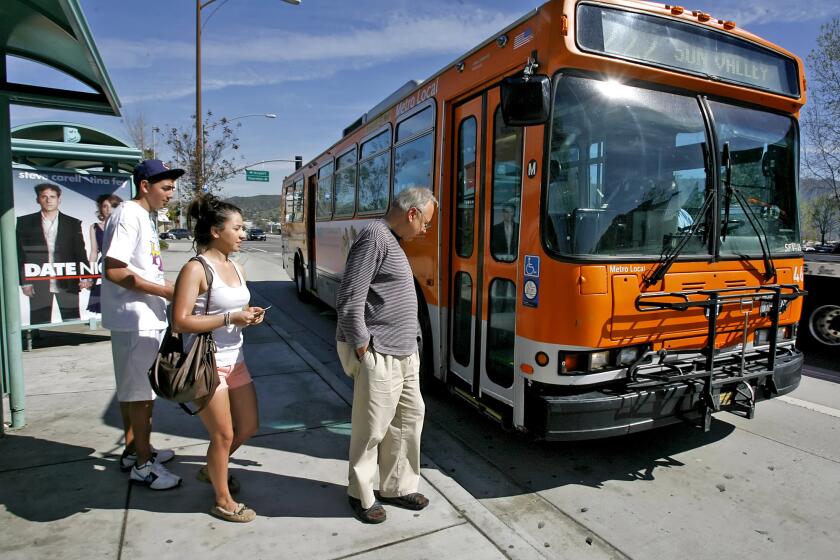State Appeals Court Upholds Helmet Law
A state appeals court has unanimously upheld the California law requiring motorcyclists to wear helmets, concluding that the statute is in society’s best interest and not overly intrusive.
Associate Justice Sheila Prell Sonenshine of the 4th District Court of Appeal, who wrote the 3-0 decision dated June 30 but released Thursday, declared that the state has the right to enact restrictions like the helmet law that govern public safety.
“The Legislature, not the judiciary, is the custodian of public policy,” she wrote. “Even if . . . the helmet law is more poison than panacea, it constitutes a proper exercise of the police powers of the state, and it is rationally related to the Legislature’s express purpose of insuring the safety and welfare of persons traveling on public highways.” In the ruling, the appeals court also found that while bikers “may not care if they die in an accident,” others who use the public highways “would clearly prefer not to kill them.”
Four motorcyclists had challenged the law in Orange County Superior Court, suing the heads of the California Highway Patrol and the Department of Motor Vehicles, along with Orange County Sheriff Brad Gates and Santa Ana Police Chief Paul M. Walters. An earlier request for a temporary restraining order to block enforcement of the law was unsuccessful.
The suit alleged that the helmet law, which went into effect last year, is unconstitutionally vague and that it infringes on the individual’s rights to privacy and freedom of association.
The four also claimed the law discriminates against the handicapped, in particular those who wear hearing aids and those with neck injuries that make it difficult to support weight on their heads.
One plaintiff, a Sikh, charged that the law interfered with his religion because a helmet will not fit over his knotted hair and turban, which are required by his faith.
Wendy C. Lascher, attorney for the motorcycle riders, criticized the decision, saying the single week between oral arguments and the written decision suggests “the court had its mind pretty much made up” in advance.
More to Read
Start your day right
Sign up for Essential California for news, features and recommendations from the L.A. Times and beyond in your inbox six days a week.
You may occasionally receive promotional content from the Los Angeles Times.






